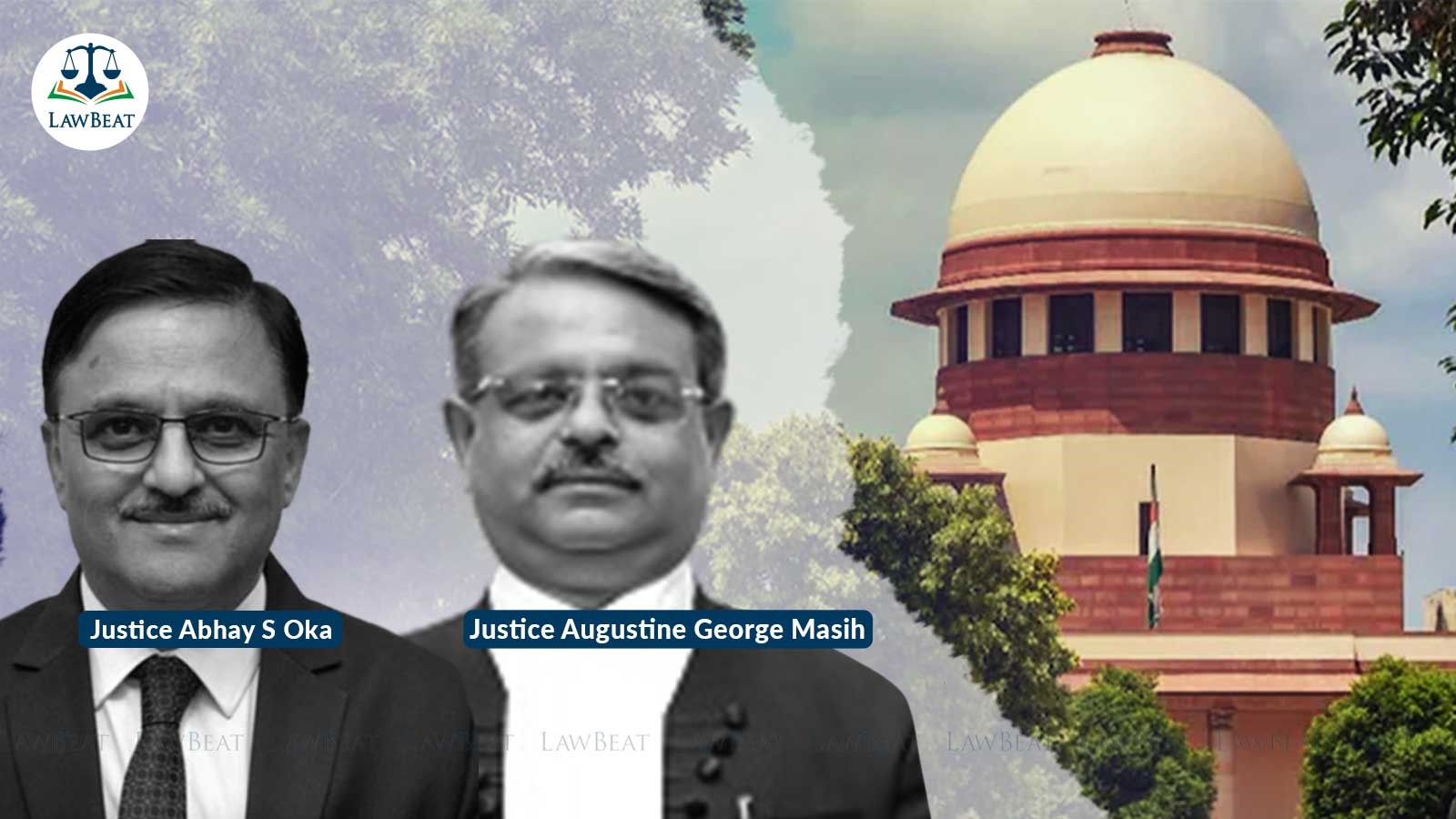Tax liability can't be foisted to period prior to acquisition of property: SC

The Top Court held that the High Court was correct in observing that the company was liable to pay property tax from the date of acquisition of ownership
The Supreme Court recently dismissed an appeal filed by Rajkot Municipal Corporation against refund of a portion of the property tax paid by Avenue Supermarts Limited, saying the company could not be foisted with the liability to pay the amount prior to the acquisition of the commercial complex.
A bench of Justices Abhay S Oka and Augustine George Masih did not find any ground to interfere with the Gujarat High Court's order of 2016, which directed for refund of a part of the tax.
The company was aggrieved with the demand raised by the corporation seeking payment of property tax for the assessment year 2015-16 along with outstanding arrears of such tax dues amounting to Rs 2,97,02,324. As a consequence to the non fulfilment of payment of dues by the predecessor-in-interest holder of the property, the premises were sealed on March 21, 2016 with prior indication.
The High Court of Gujarat allowed a plea by the company on the ground that it could not be made liable for the payment of arrears of property tax which arose prior to the acquisition of ownership, that was, prior to September 03, 2015.
The High Court deprecated the approach of the corporation in charging exorbitant amount of dues from the company as well as the uncalled inclusion of further interest and penalty on such outstanding arrears, which had already been challenged by the predecessor and had been stayed.
It directed the corporation to retain a portion of the property tax to the tune of Rs 14,85,000 relating to 2015-16 for which the company had acquired ownership and possession, that is, from September 03, 2015, and to refund the rest of the amount of property tax along with simple interest at 6 percent per annum from the date of recovery till the actual payment of refund.
In the appeal against the High Court's decision, going by the factual strata, the Top Court noted the company would fall in the category of Section 139(1)(b)(iii) of GPMC Act 1949 being the owner of the said property. It is clear and undisputed that the company had purchased the said property from other parties, it noted.
However, it said, "Till 03.09.2015, the 'person primarily liable to make payment' from a co-joint reading of Sections 139 and 140 of the GPMC Act 1949 was the lessor of the said property, that is, Respondent Nos. 04 and 05 (other parties). The liability prior to 03.09.2015, thus, cannot be foisted upon Respondent No. 02 (the company). The High Court was thus correct in observing that the company was liable to pay property tax from the date of acquisition of ownership".
Therefore, having noted that the corporation had already refunded the amount, the bench said that the direction for refund in the in light of the provision of Section 140 of the GPMC Act 1949, had become a mere academic exercise.
The bench also recorded that 75% of the due amounts as per the bills raised by the appellant-corporation stood deposited in the civil court, Rajkot.
"To obviate such double payment in favour of the appellant corporation and causing disruption in the pending litigation against the demands accrued prior to 03.09.2015, we are of the opinion that the order directing refund by the High Court stands justified considering the peculiarity of the facts and circumstances," the bench said.
The court thus dismissed the appeal.
Case Title: Rajkot Municipal Corporation Vs State of Gujarat & Ors
